Your cart is currently empty!
Culture, Nation and Identity: The Ukrainian-Russian Encounter (1600–1945)
The series of four sessions on the Russian-Ukrainian encounter held alternately at Columbia University and Cologne University from June 1994 to September 1995 had their origin in both the world of great political events and the world of scholarly discussion. Ukraine’s declaration of independence, ratified by the referendum of 1 December 1991, and subsequent international […]
Description
The series of four sessions on the Russian-Ukrainian encounter held alternately at Columbia University and Cologne University from June 1994 to September 1995 had their origin in both the world of great political events and the world of scholarly discussion. Ukraine’s declaration of independence, ratified by the referendum of 1 December 1991, and subsequent international recognition were followed by the dissolution of the Soviet Union on 25 December 1991. These developments made Ukrainian-Russian relations a major international issue. A new, difficult, and uncertain phase in these relations began with the establishment of these two independent neighbouring states. Since Russia would clearly remain a major world power, while Ukraine was the largest and one of the most populous states of Europe, those relations took on more than binational significance. The future of the post-Soviet order depends largely on how these two largely Slavic countries work out their relations.
The editors of Culture, Nation, and Identity, representing the Seminar for East European History at Cologne University, the Harriman Institute at Columbia University, and the Canadian Institute of Ukrainian Studies at the University of Alberta, invited seventy specialists to examine the Russian-Ukrainian encounter in four chronological symposia, from the seventeenth century to the present. The papers on the contemporary period were published in the Harriman Review. The present volume is a selection of sixteen articles developed from presentations on the Ukrainian-Russian encounter from the early modern period to World War II. Historians and Slavists from Canada, Germany, Russia, Ukraine, and the United States employ diverse methodologies to examine the many spheres in which Russians and Ukrainians and their identities and cultures interacted.
TABLE OF CONTENTS
Viktor Zhivov: The Question of Ecclesiastical Jurisdiction in Russian-Ukrainian Relations (Seventeenth and Early Eighteenth Centuries)
David A. Frick: Lazar Baranovych, 1680: The Union of Lech and Rus
Zenon E. Kohut: The Question of Russo-Ukrainian Unity and Ukrainian Distinctiveness in Early Modern Ukrainian Thought and Culture
Hans-Joachim Torke: Moscow and Its West: On the “Ruthenization” of Russian Culture in the Seventeenth Century
Frank E. Sysyn: The Image of Russia and Russian-Ukrainian Relations in Ukrainian Historiography of the Late Seventeenth and Early Eighteenth Centuries
Paul Bushkovitch: What is Russia? Russian National Identity and the State 1500–1917
Andreas Kappeler: Mazepintsy, Malorossy, Khokhly: Ukrainians in the Ethnic Hierarchy of the Russian Empire
Olga Andriewsky: The Russian-Ukrainian Discourse and the Failure of the “Little Russian Solution,” 1782–1917″George G. Grabowicz Between Subversion and Self-Assertion: The Role of Kotliarevshchyna in Russian-Ukrainian Literary Relations
Serhy Yekelchyk: The Grand Narrative and Its Discontents: Ukraine in Russian History Textbooks and Ukrainian Students’ Minds, 1830s–1900sChristine D. Worobec Conceptual Observations on the Russian and Ukrainian Peasantries
Dieter Pohl: Russians, Ukrainians, and the German occupation Policy, 1941–43
Oleh S. Ilnytskyj: Modeling Culture in the Empire: Ukrainian Modernism and the Death of the All-Russian Idea
Yuri Shapoval: The GPU-NKVD as an Instrument of Counter-Ukrainization in the 1920s and 1930s
Stanislav Kulchytsky: The Phenomenon of Soviet Statehood
Mark von Hagen: States, Nations, and Identities: The Russian-Ukrainian Encounter in the First Half of the Twentieth Century
Marc Raeff: Afterword
For their contributions to this publication, Olga Andriewsky and George Grabowicz were awarded the 2004 AAUS Article Prize. This is one of the volumes on Ukraine and its neighbours published by the Canadian Institute of Ukrainian Studies Press. Other volumes deal with Jewish-Ukrainian relations (Ukrainian-Jewish Relations in Historical Perspective), Polish-Ukrainian relations (Poland and Ukraine: Past and Present), German-Ukrainian relations (German-Ukrainian Relations in Historical Perspective), and Armenian-Ukrainian relations (Armenian-Ukrainian Historical Contacts), as well as an older volume on Ukrainian-Russian relations (Ukraine and Russia in their Historical Encounter).
Additional information
| Weight | 0.6 kg |
|---|---|
| Dimensions | 22.75 × 15 × 2.5 cm |
| Author | |
| Format | Hardcover, Paperback |
| Language | English |
| Year Published | 2009 |
Reviews
Only logged in customers who have purchased this product may leave a review.

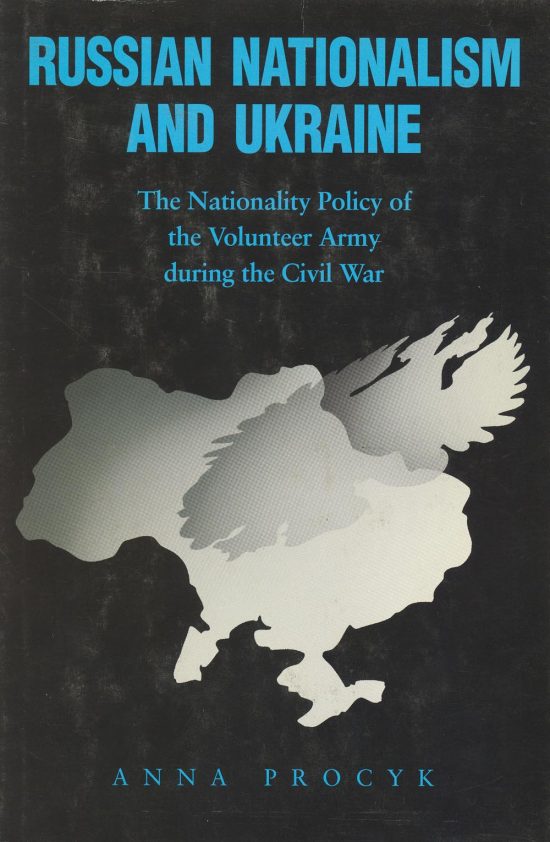
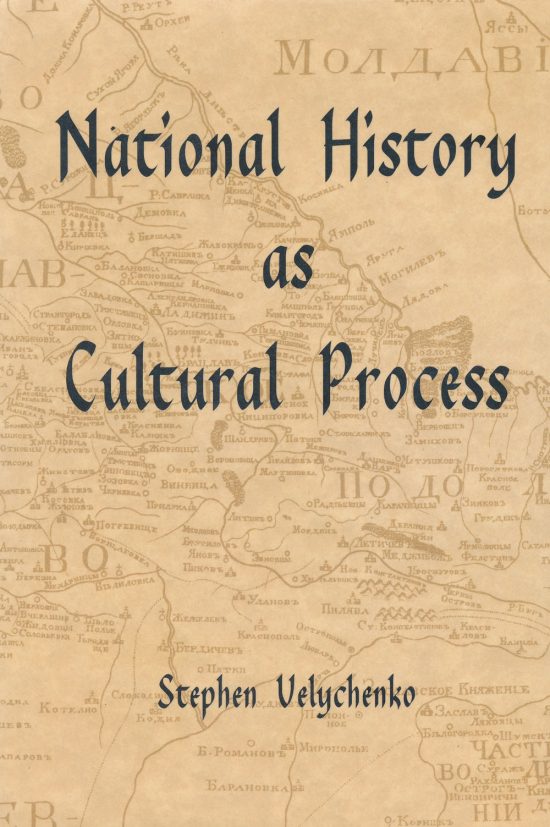
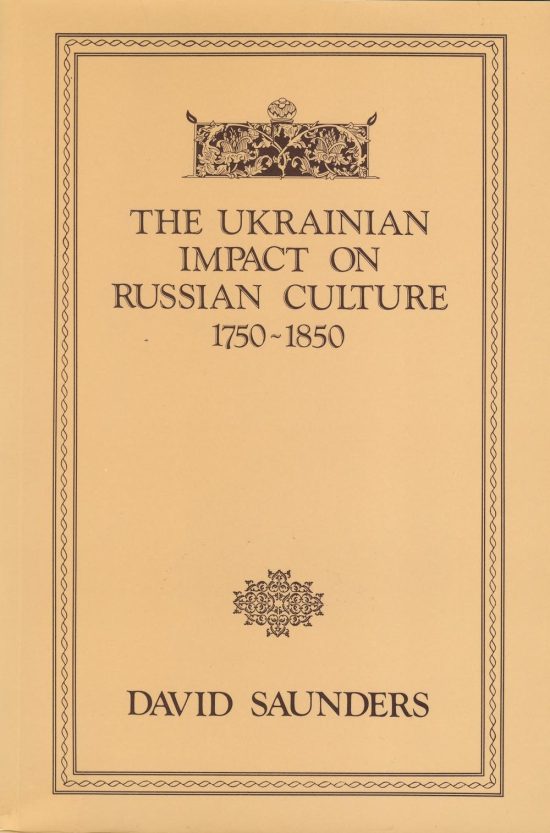
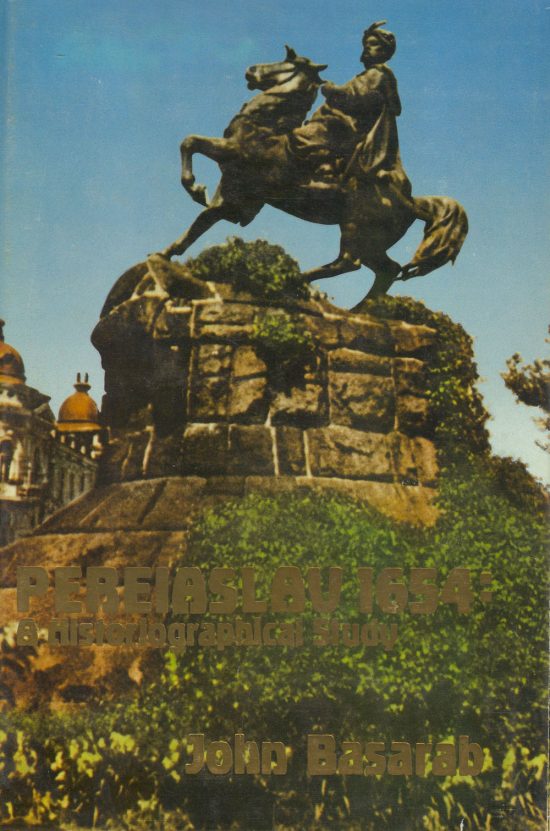
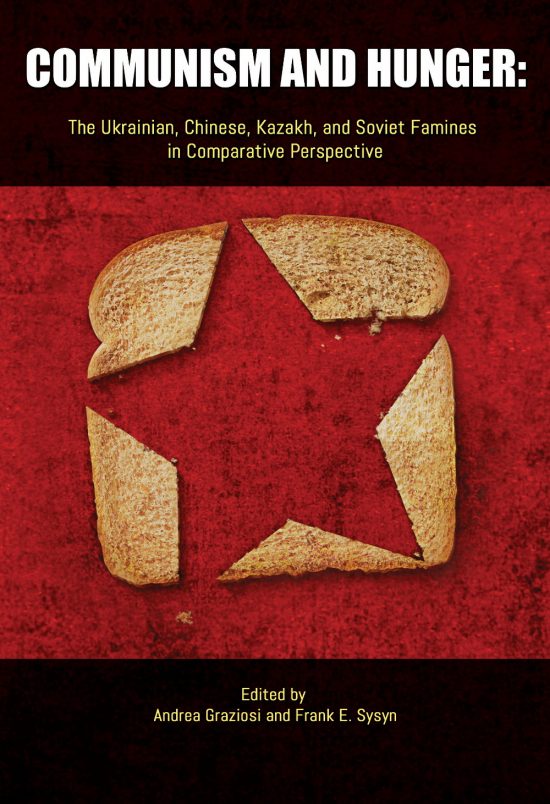
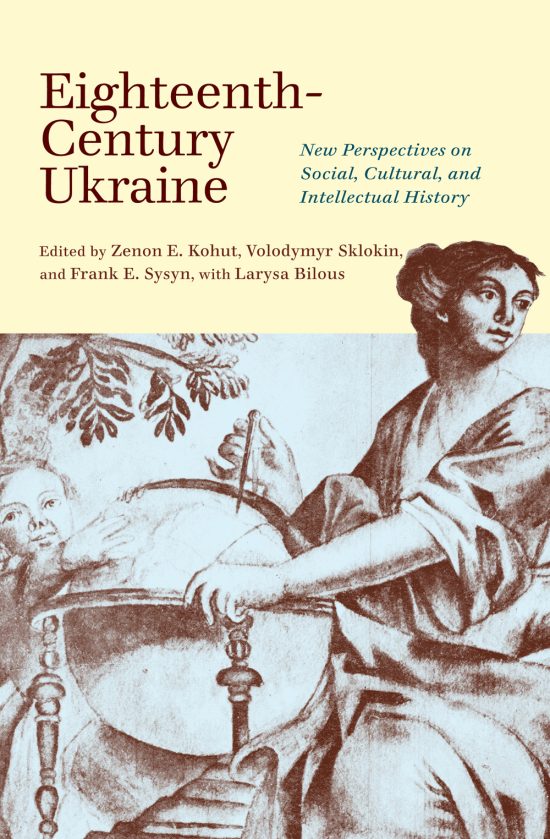
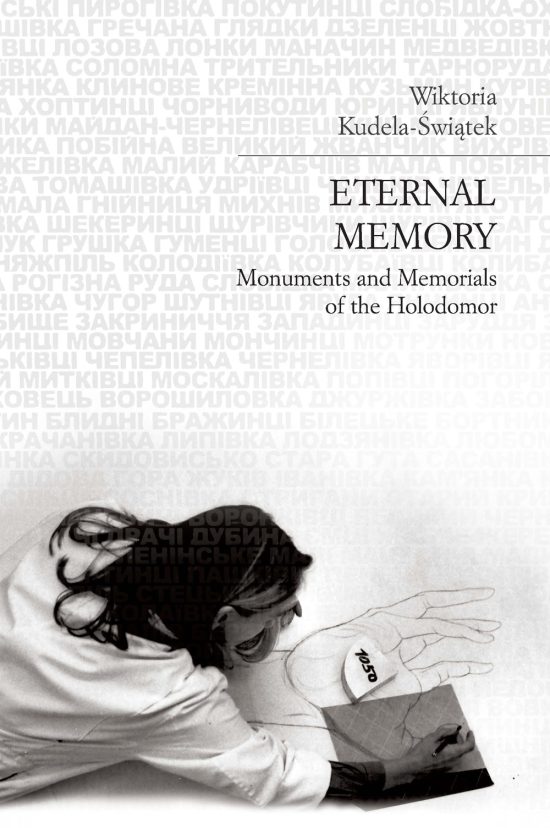
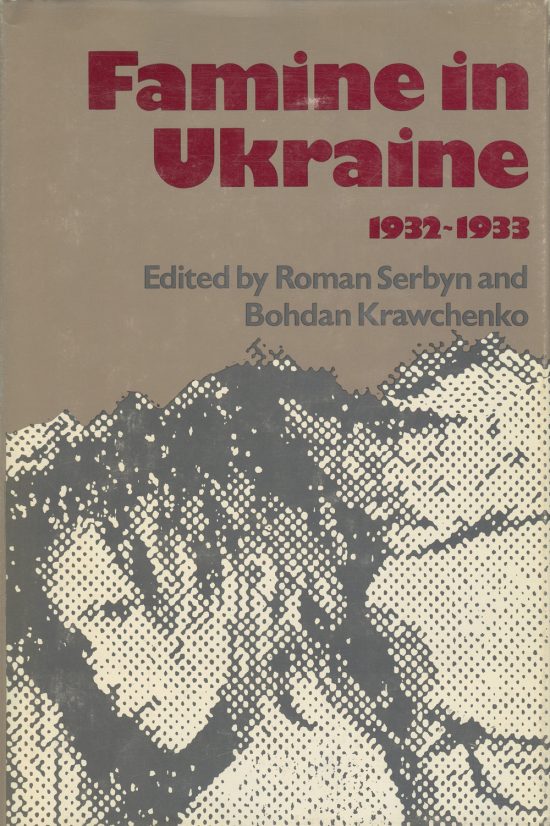
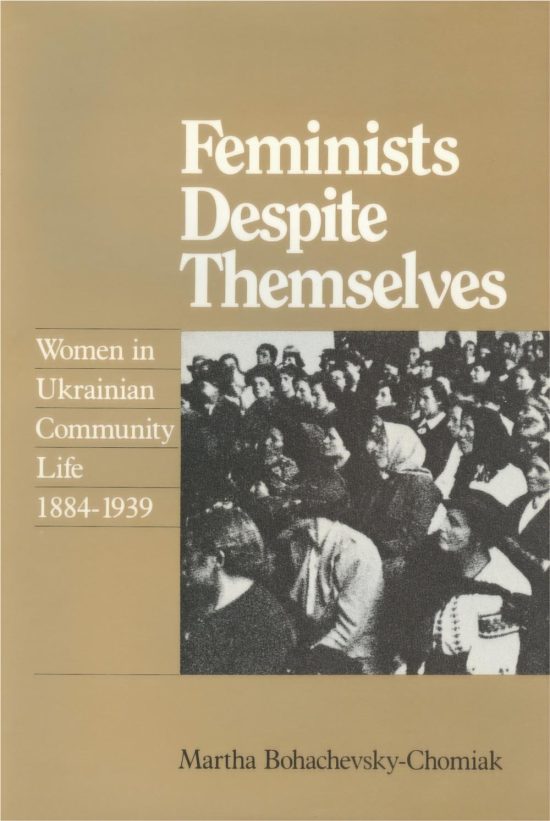
Marko R. Stech –
Michael Moser of the University of Vienna wrote a German-language review of Culture, Nation and Identity: The Ukrainian-Russian Encounter (1600–1945). It was published in Zeitschrift fuer Slavische Philologie, vol. 64, no. 1, 2005/2006, pp. 181-87.